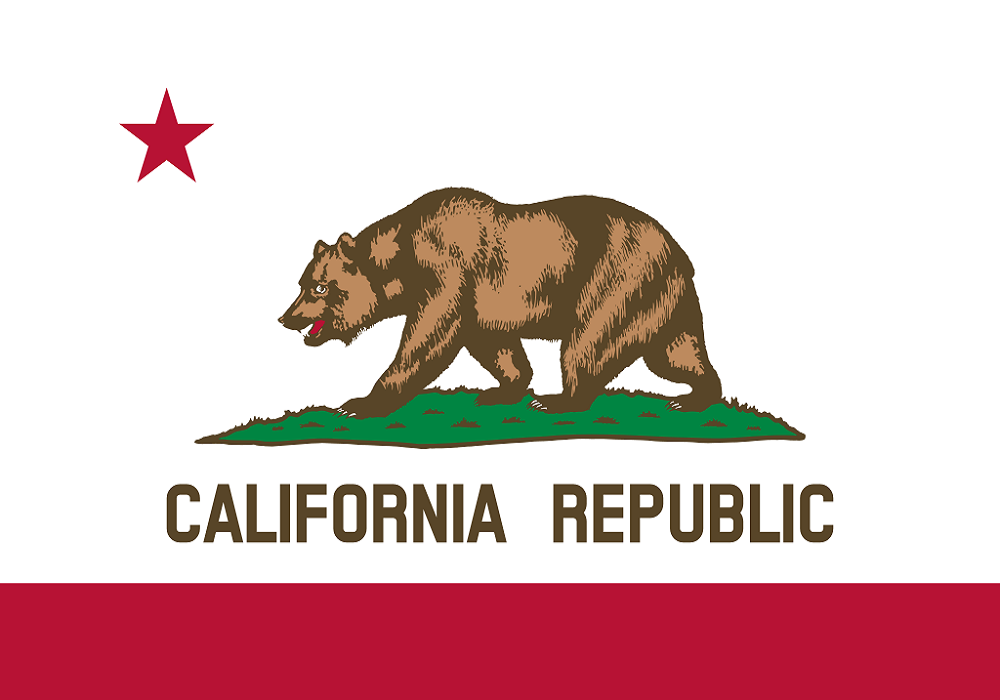If an order to show cause is issued as provided in (c) , the respondent may, within 30 days thereafter, file a return. Any material allegation of the petition not controverted by the return is deemed admitted for purposes of the proceeding. The return must comply with Penal Code section 1480 and must be served on the petitioner.
Within 30 days after service and filing of a return, the petitioner may file a denial. Any material allegation of the return not denied is deemed admitted for purposes of the proceeding. Any denial must comply with Penal Code section 1484 and must be served on the respondent.
Within 30 days after the filing of any denial or, if none is filed, after the expiration of the time for filing a denial, the court must either grant or deny the relief sought by the petition or order an evidentiary hearing. An evidentiary hearing is required if, after considering the verified petition, the return, any denial, any affidavits or declarations under penalty of perjury, and matters of which judicial notice may be taken, the court finds there is a reasonable likelihood that the petitioner may be entitled to relief and the petitioner’s entitlement to relief depends on the resolution of an issue of fact. The petitioner must be produced at the evidentiary hearing unless the court, for good cause, directs otherwise.
Any order denying a petition for writ of habeas corpus must contain a brief statement of the reasons for the denial. An order only declaring the petition to be “denied” is insufficient.
On motion of any party or on the court’s own motion, for good cause stated in the order, the court may shorten or extend the time for doing any act under this rule. A copy of the order must be mailed to each party.
Cal. R. Ct. 4.551
Advisory Committee Comment
The court must appoint counsel on the issuance of an order to show cause. (In re Clark (1993) 5 Cal.4th 750, 780 and People v. Shipman (1965) 62 Cal.2d 226, 231,232.) The Court of Appeal has held that under Penal Code section 987.2, counties bear the expense of appointed counsel in a habeas corpus proceeding challenging the underlying conviction. (Charlton v. Superior Court (1979) 93 Cal.App.3d 858, 862.) Penal Code section 987.2 authorizes appointment of the public defender, or private counsel if there is no public defender available, for indigents in criminal proceedings.
.

